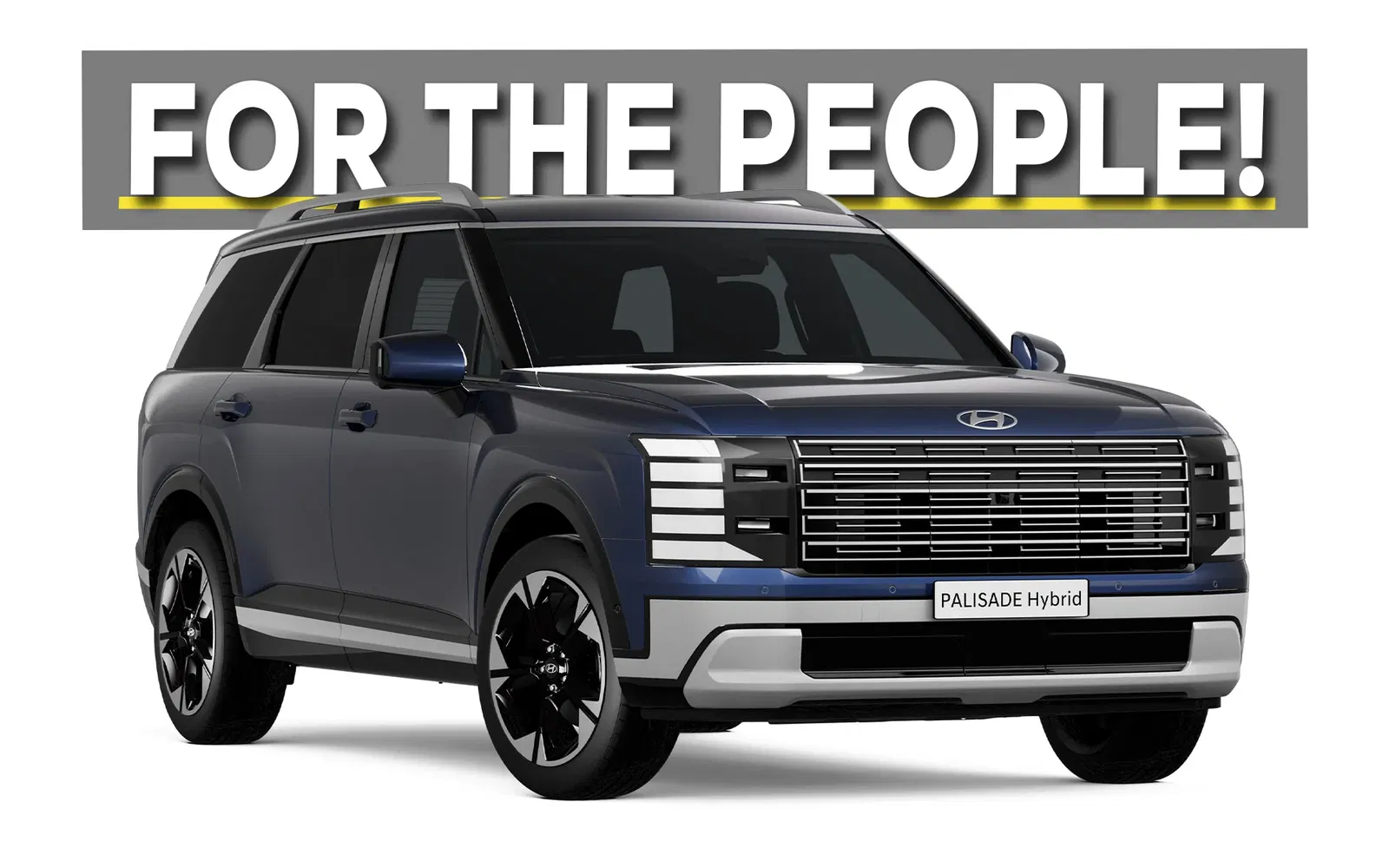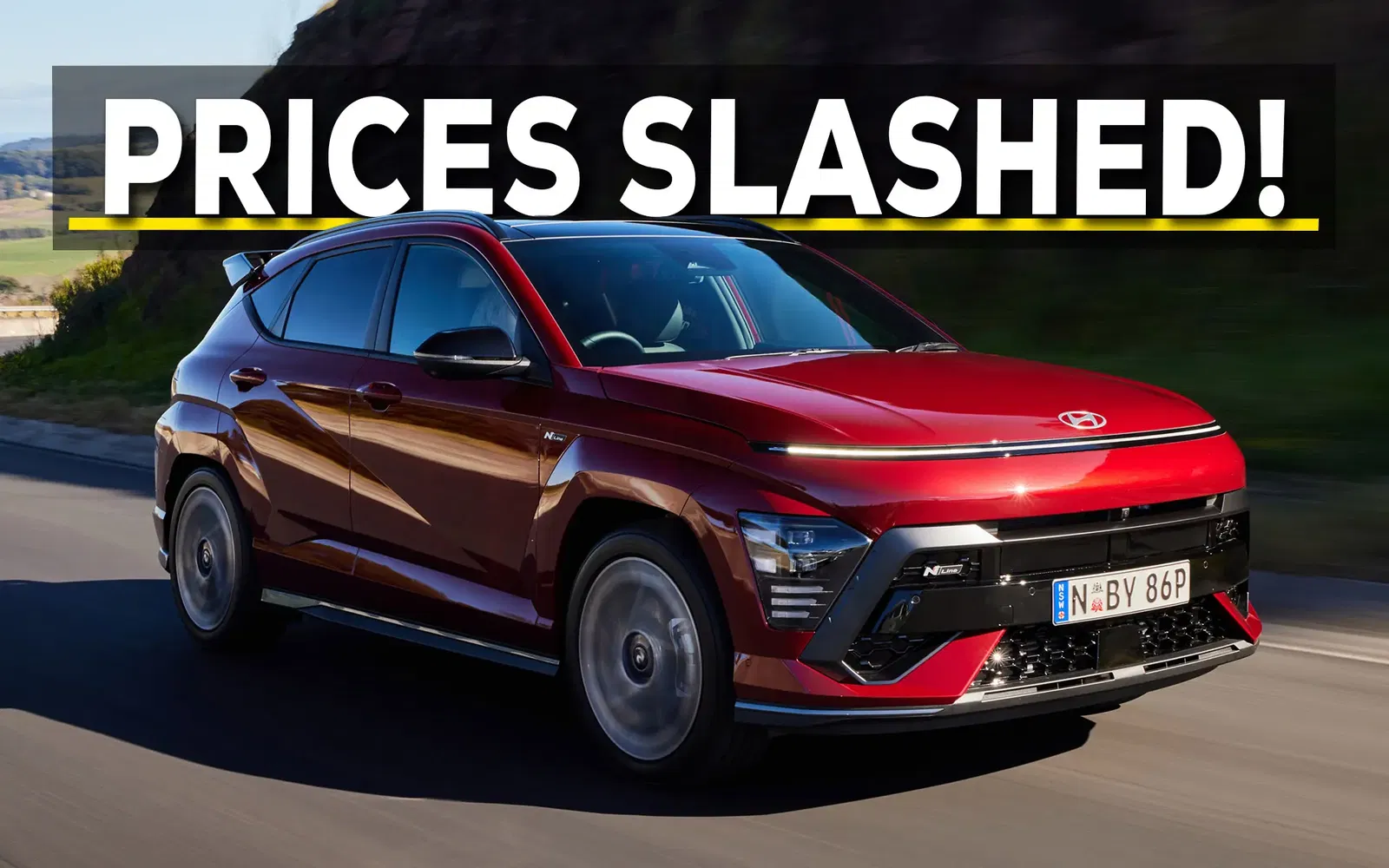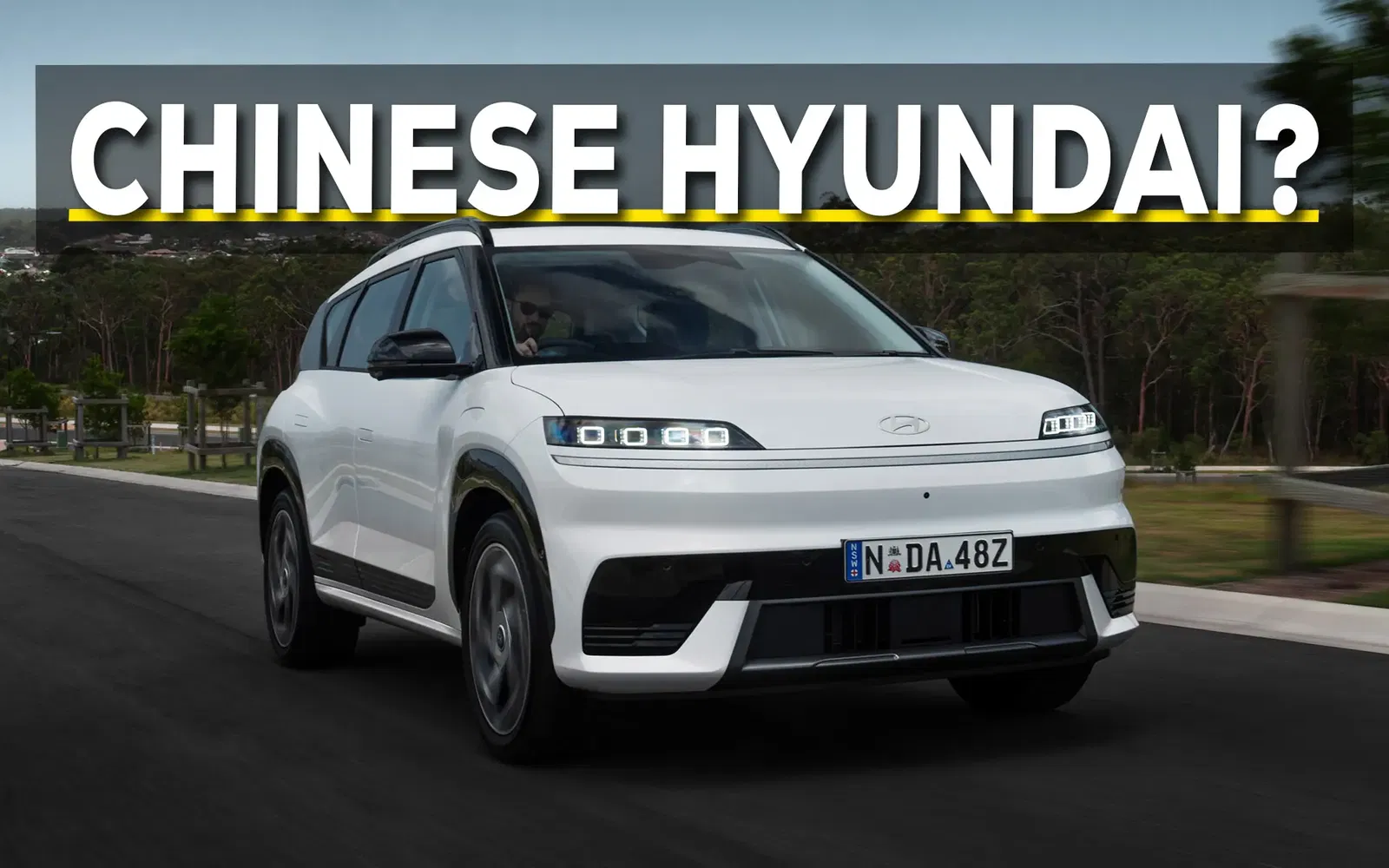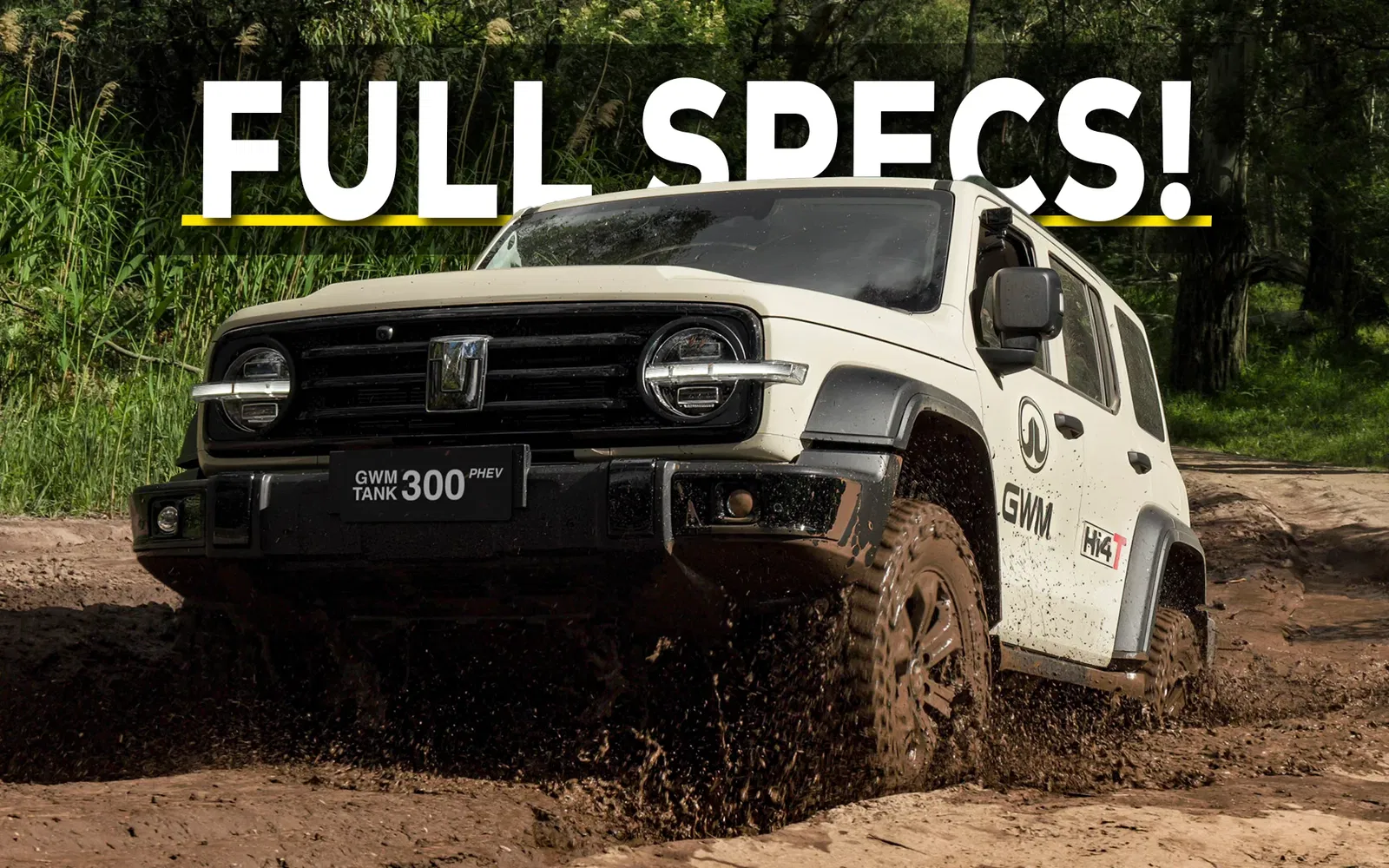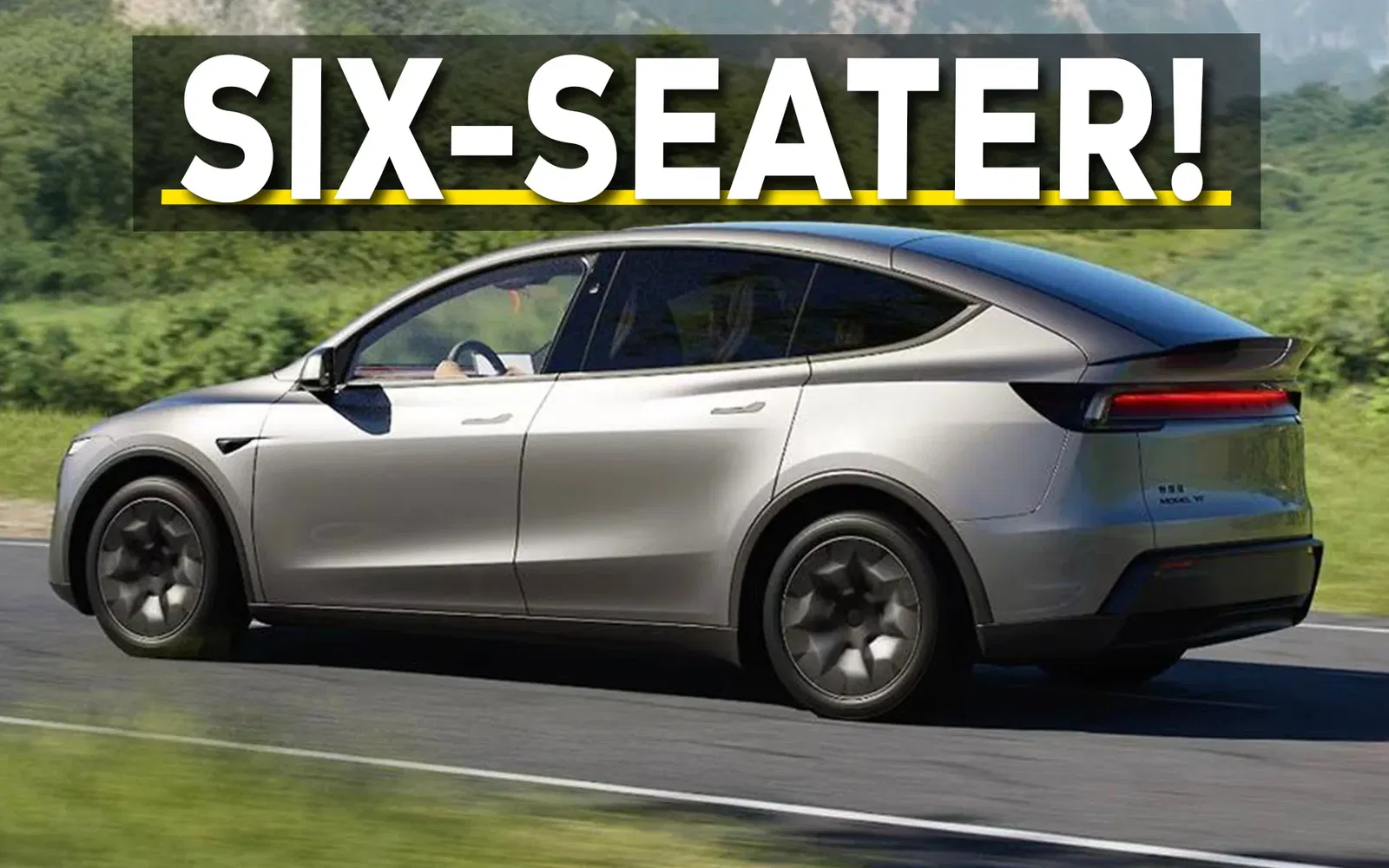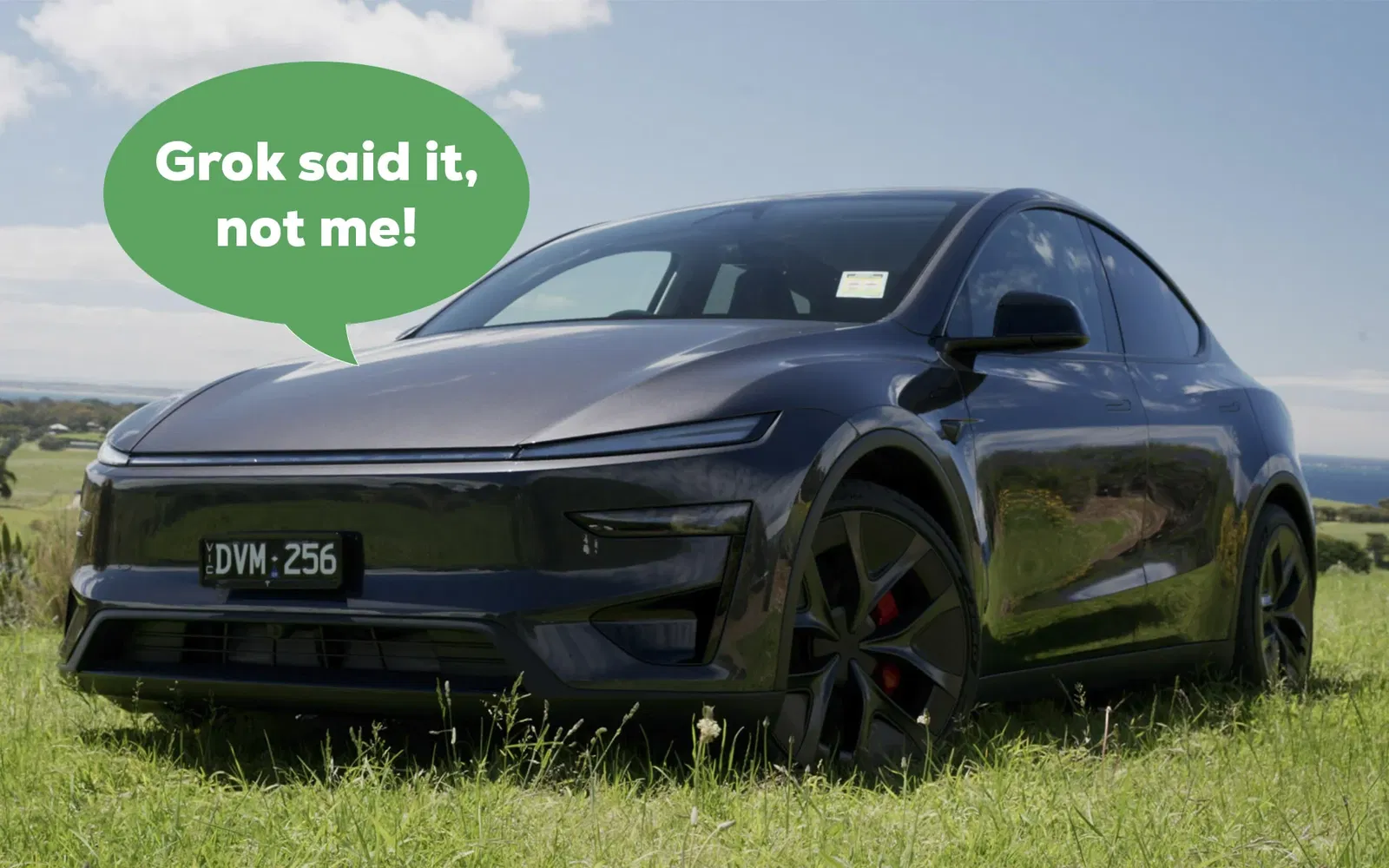When it comes to innovative hybrid technology, Hyundai continues to push boundaries with their latest models, showcasing impressive fuel efficiency and performance without compromising on style or practicality.
In this comprehensive review, we delve into the details of Hyundai's new hybrid systems through an engaging real-world test, comparing two hybrid models across various driving scenarios.

Hyundai Hybrid Systems: An Overview
Hyundai's hybrid lineup includes the Hyundai Kona Hybrid and the Hyundai i30 Sedan Hybrid, both featuring a 1.6-litre naturally aspirated petrol engine paired with an electric motor.
This combination provides a total output of 104 kW and 265 Nm of torque, delivering remarkable efficiency and performance.
The hybrid system is supported by a 1.32 kWh lithium-ion battery, which may seem modest but significantly contributes to the vehicles' impressive fuel economy.
Both models boast a claimed fuel efficiency of 3.9 liters per 100 kilometers, making them highly economical choices for daily commuting and long-distance driving.

Real-World Challenge: Hyundai Kona Hybrid vs. Hyundai i30 Sedan Hybrid
Our challenge aimed to determine which hybrid model would achieve better fuel economy under real-world conditions.
We tested these vehicles across multiple scenarios, including urban, highway, performance and extra-urban driving.
Both cars share the same engine and battery but differ slightly in weight and design, with the Kona Hybrid being heavier and sporting a very snazzy N Line body kit.

Urban Driving Test
Starting in eco mode, we navigated inner-Melbourne suburb streets to evaluate the hybrids' performance in local, slower traffic.
The Hyundai Kona Hybrid achieved a fuel economy of 4.1 liters per 100 kilometers, while the i30 Sedan Hybrid performed slightly better at 3.9 liters per 100 kilometers.
This minor difference highlights the efficiency of Hyundai's hybrid technology in urban environments, where frequent braking and acceleration are common.

Highway Driving Test
On the open highway, both vehicles continued to impress.
The Kona Hybrid recorded a fuel economy of 4.1 liters per 100 kilometers, matching its urban performance, while the i30 Sedan Hybrid achieved 4.7 liters per 100 kilometers.
Despite the heavier weight and larger wheels of the Kona Hybrid, its aerodynamic design and efficient hybrid system kept fuel consumption relatively low for an SUV, demonstrating Hyundai's commitment to performance and efficiency.

Performance Testing
In the performance testing, we pushed the hybrids through winding country roads and steep inclines, followed by 0-100 km/h sprints. The Kona Hybrid, equipped with the N-Line package, offered a more dynamic driving experience with its larger wheels and sportier suspension.
Performance-wise, the Kona Hybrid accelerated from 0 to 100 km/h in 9.94 seconds, while the i30 Sedan Hybrid achieved the same in 8.77 seconds. These results underline the impressive balance of power and efficiency in Hyundai's hybrid systems, making them suitable for various driving conditions.
During the spirited driving, the Kona Hybrid recorded a higher fuel usage of 9.4 liters per 100 kilometers, while the i30 Sedan Hybrid managed 8.9 liters per 100 kilometers.
Despite the increased fuel consumption under these demanding conditions, both models demonstrated remarkable performance and handling, showcasing the robustness and versatility of Hyundai's hybrid technology.

Extra Urban (City) Driving
In the extra-urban test, we navigated the hybrids through city traffic, a common scenario for many drivers. During our 20-minute stint, we moved less than 1.5 kilometres, a true test of their efficiency in stop-and-go conditions.
The Hyundai Kona Hybrid maintained a fuel economy of 4.9 litres per 100 kilometres, demonstrating its efficiency even when barely moving. The i30 Sedan Hybrid outperformed slightly, achieving an impressive 4.2 litres per 100 kilometres.
These results highlight the hybrids' ability to conserve fuel and optimise performance in urban environments, where frequent braking and acceleration are typical. The advanced hybrid systems in both models ensure that even in the most congested city streets, drivers can enjoy exceptional fuel economy and a smooth driving experience.
Practicality and Pricing
Hyundai's hybrid models are not only efficient but also offer exceptional value for money. The i30 Sedan Hybrid starts at AUD 35,990 drive away, while the Kona Hybrid with the N-Line package is priced at AUD 44,600 drive away. Both models come with a host of features, including advanced safety systems, adaptive cruise control, and comfortable interiors.
During our test, the overall fuel cost for the Kona Hybrid was AUD 23.55, with a cost per kilometer of 10.3 cents. The i30 Sedan Hybrid, on the other hand, had a total fuel cost of AUD 21.16, equating to 9.1 cents per kilometer. These figures demonstrate the hybrids' affordability and efficiency, making them ideal choices for cost-conscious consumers.

Conclusion
Hyundai's latest hybrid systems exemplify the brand's dedication to innovation, efficiency, and performance. Whether you prefer the stylish and practical Kona Hybrid or the sleek and efficient i30 Sedan Hybrid, both models offer outstanding fuel economy and driving pleasure. Our real-world challenge confirmed the impressive capabilities of Hyundai's hybrid technology, making these vehicles excellent choices for eco-conscious drivers.
If you're considering a hybrid vehicle that combines advanced technology, affordability, and practicality, Hyundai's hybrid lineup should be at the top of your list. For the best deals on these hybrids, visit CarSauce.com/buy and let us help you find the perfect car to suit your needs.
Note: This review is based on a sponsored challenge by Hyundai. All opinions and observations are our own, ensuring an honest and thorough evaluation of these hybrid models.








FAQ
Sign up to our newsletter
Be the first to know when we drop new car reviews.
.avif)


